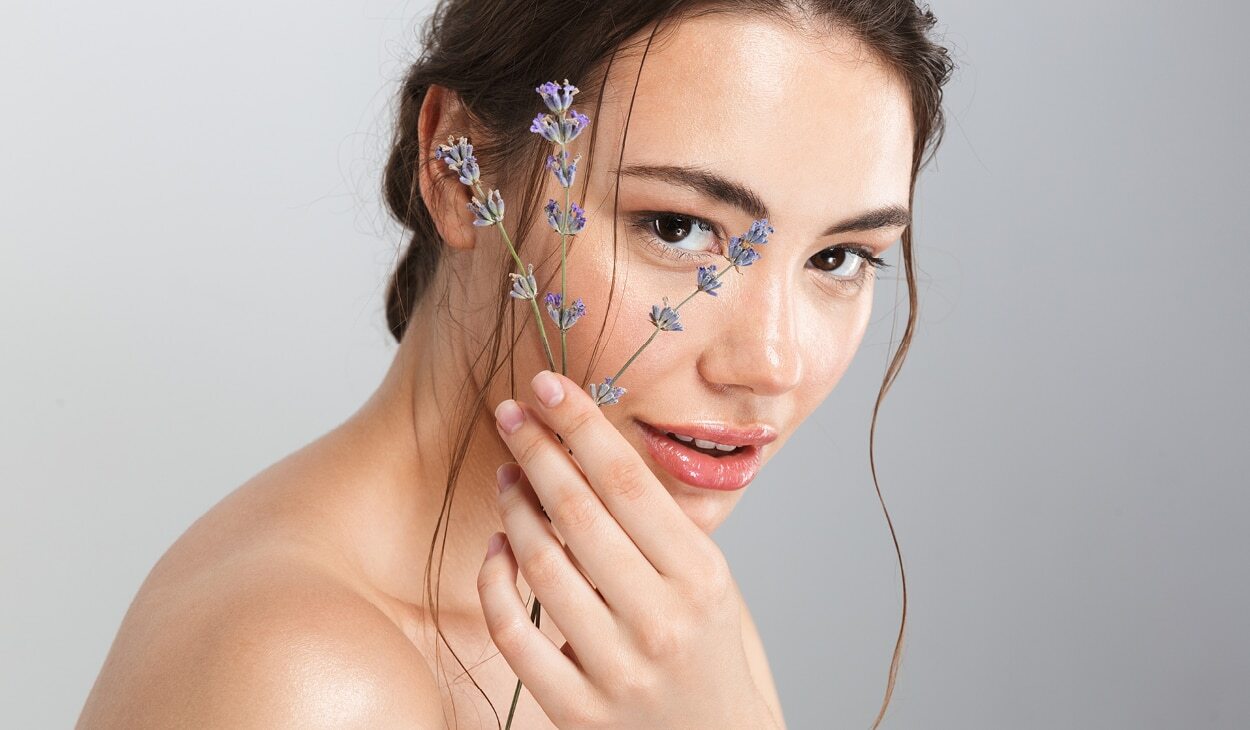Acne is one of the common concerns for most skin types. It occurs when your pores get clogged with oil and bacteria (P.acnes) and shows up as inflamed bumps that are often quite painful. Some of the most common treatments for acne are prescribed or over-the-counter topical and oral medications. Benzoyl peroxide, salicylic acid, isotretinoin capsules and even topical retinoids are some of the most effective solutions for acne. But for many, these treatments might be overwhelming for their skin. This is why herbal remedies are still popular among those with acne-prone skin. Even though the science behind them is limited, the anecdotal evidence behind them has kept them relevant. This is especially true in the case of herbs for acne, which offer plant-based solutions for breakouts and provide a variety of other benefits for the skin too!
Natural Argan Oil & Lavender Sulfate Free Anti-Frizz Shampoo - 400ml
₹658
₹658
SHOP NOW








